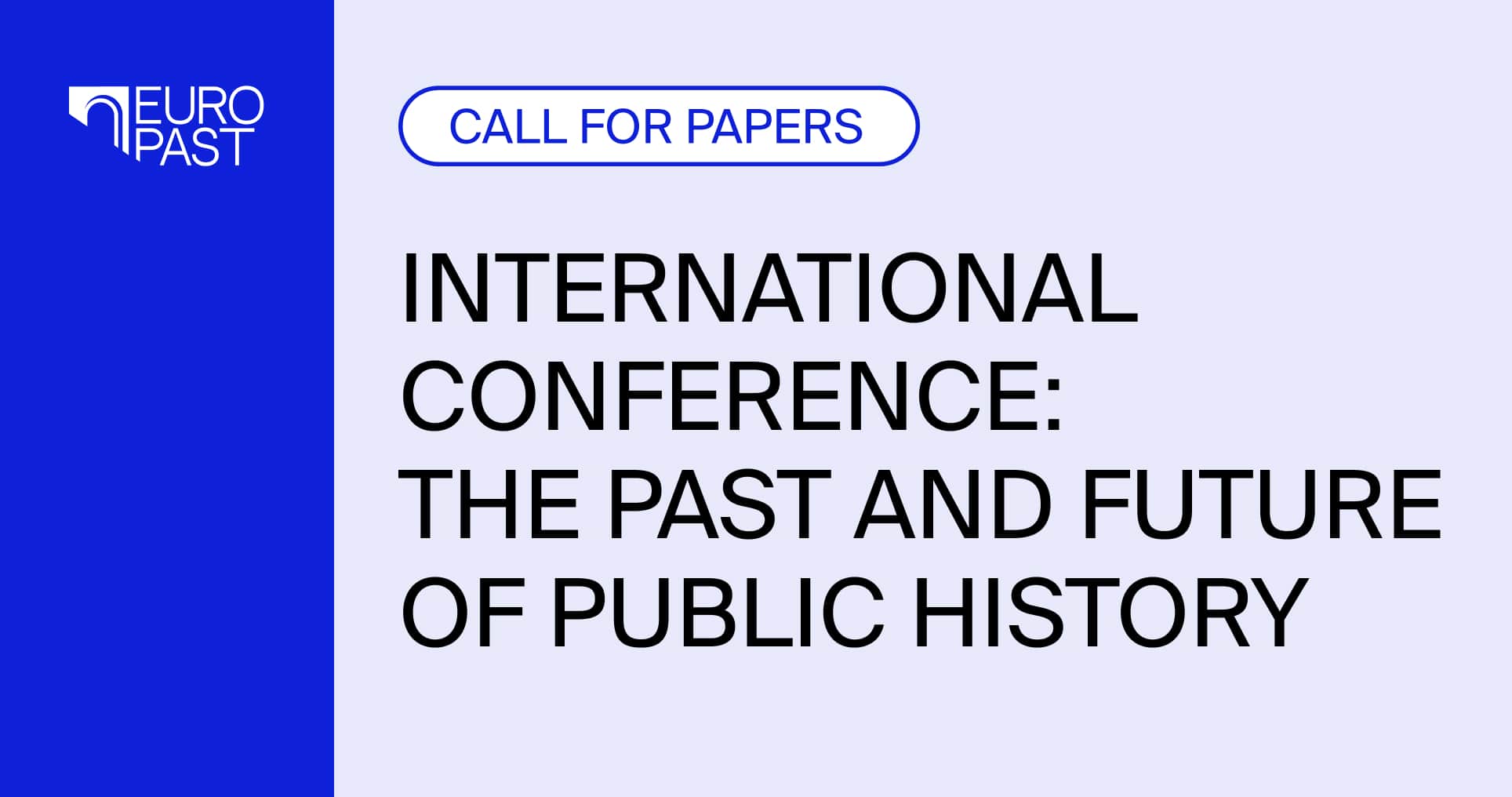“Who controls the past controls the future. Who controls the present controls the past”.
George Orwell’s dystopian vision has only gained in relevance since 1984 was published in 1949. With the spread of digital communications technologies, states and individuals are increasingly able to manipulate the population with tendentious narratives of the past.
But the aim of shaping the future through representations of the past need not be nefarious. The German Institute for the History of the National Socialist Era was mandated in 1949 to document, analyse and educate the public about Nazism and its crimes, so they would never be repeated. Based on the German model, institutes of contemporary history spread rapidly, helping to consolidate the postwar democracies of Western Europe.
Established with the aim of consolidating democratic development and European integration, the “memory institutions” of East Central Europe have sometimes been associated with the politicization of historical research, non-inclusive approaches to commemoration, and outdated methods and practices of research. Meanwhile the House of European History was established to implement the idea of European remembrance.
The conference “The Past and Future of Public History” invites participants to consider the establishment of institutes of “contemporary history” after the Second World War, “national memory” after the Cold War and “European Remembrance” after the eastward expansion of the EU as three waves of public history activism, and to consider what the next wave might entail.
Approaches to public history have varied considerably over time and across space, but they are joined by the key concerns of communicating the past while encouraging the participation and engagement of various constituencies.
The conference, which will take place on the 9th-10th of October 2025, will be held at the Institute of International Relations and Political Science of Vilnius University.
We invite you to submit proposals for both individual papers and panels. Please submit your abstract (up to 250 words) along with a short bio by completing this survey by the 11th of April 2025. Selected presenters will be notified on the 19th of May 2025. We strongly encourage on-site participation, but online participation will be possible in individual cases. In the survey, please indicate your preferred mode of participation. The conference language is English. For further information, please contact us at info@europast.vu.lt.
Download the call in PDF format.
This conference is part of a project funded by the European Union under the WIDERA programme (EUROPAST project, grant agreement No. 101079466).









